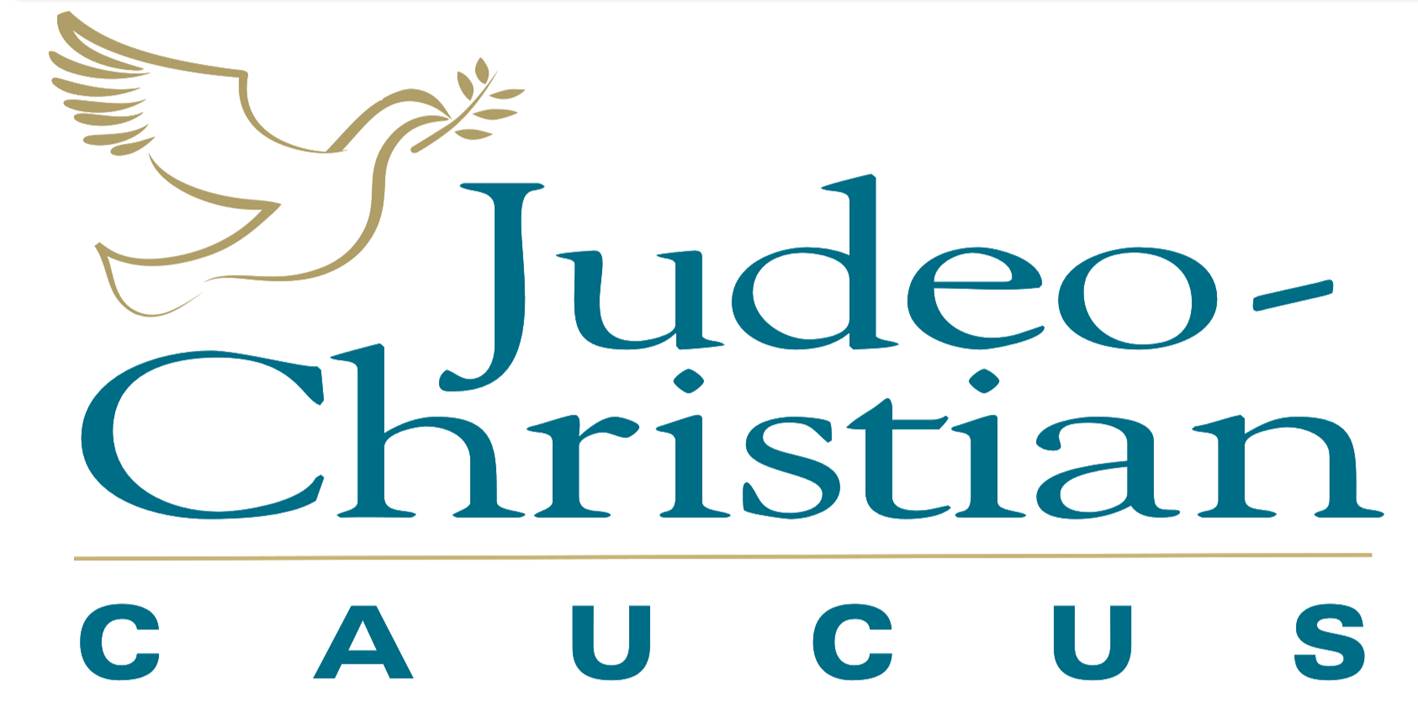The Coming Economic Shock in California
As we sit at home, watching re-runs of re-runs, seeing the 1978 World Series for the third time in a week, we dream about the end of this national nightmare. Today we are worried about our jobs, paying bills, seeing our friends and family.
by Stephen Frank
As we sit at home watching re-runs of re-runs, seeing the 1978 World Series for the third time in a week, we dream about the end of this national nightmare. Today we are worried about our jobs, paying bills, seeing our friends and family. Sadly, we are not even allowed, today, to go to religious services. Imagine Easter without an early morning service. Think about an egg hunt for the kids at the church that is not going to happen.
Brett Baier on Fox News quoted Winston Churchill, “When you are going through hell, keep going.” As we used to say in Vietnam, “and this too shall pass.”
But when this crisis ends, what is the world we are facing?
I am hopeful and of the belief we will realize what is really important—family and friends. Like you, except for using Facebook, I have not seen my children or grandchildren in a few weeks. The Saturday dinners that last three hours with friends are now email exchanges. Joining with those of faith, either at services or Bible study is now done via Zoom. Not the same as prayers standing next to one another in a Holy place.
In a matter of one month, our nation went from the most successful and prosperous in the history of the world to a nation in Depression. In two weeks, ten million people lost their jobs. Government has suspended April 15 as Tax Day and put a moratorium on most rents and mortgages. The biggest change—for the long term—was the passage of a $2.2 trillion rescue bill—with a total cost of $6 trillion.
During the political debate and public discussion one issue was never made—where does the money come from? Yet another rescue bill is being promoted, at a cost of about $780 billion, for infrastructure—to create jobs and fix our roads and bridges. Again, no mention of where the money comes from.
Then you have this from California: “We estimate that California’s total state and local government debt as of June 30, 2017 totaled just over $1.5 trillion. That total includes all outstanding bonds, loans and other long-term liabilities, along with the officially reported unfunded liability for other post-employment benefits (primarily retiree healthcare), as well as unfunded pension liabilities.
This represents a rise of about $200 billion—or 15%—over our last debt analysis, in January 2017.
Our findings may appear to contradict reports that suggest a state budget surplus of about $9 billion. But the state’s spare cash and rainy day funds pale before the mountain of long-term liabilities that California governments at all levels have accumulated. Moreover, if the stock market drops, personal income tax and capital gains-tax revenue will decline precipitously, wiping out these surpluses.” From the California Policy Center.
Yet, Governor Newsom claims the State has a $21 billion reserve. How do you have a reserve so small and unfunded liabilities so large? You don’t.
Where does this leave us? Without much complaint people closed businesses, church services, agreed to rationing, loss of Second Amendment rights, at least ten million lost their jobs, and our right to assemble is being denied.
We have agreed not to meet with family or friends, or use restaurants and linger over a cup of coffee.
Socially, we have given our lives to government. With the massive expenditures, we are giving our financial futures to government. My answer is go back to the basics: Faith and Family.
Government answers are transitory and self serving. They are set for the masses, not the individual. In most part, government regulations, taxation policy, and social policy is set based on ideology. For instance, government is trying to end religious services and the sale of guns during this crisis—but consider the sale of marijuana and abortions are essential services.
Returning to normalcy, Faith and Family, is not a national movement. It is a commitment, one person at a time and spreading. It is being a role model for others, showing what is really important. Government cannot and will not mandate that we return to “normal.” It is up to us. While it may be a few weeks before we can go with friends and family to a diner or to church services, we need to emotionally decide now what our normal will be.
This too will pass. Plan now for your family, your faith, for your future. Don’t let others create it for you.
Stephen Frank is Senior Contributing Editor of California Political Review. Read California news that is incisive, hard-hitting, and solution-oriented with a free subscription to Steve’s daily emails at http://eepurl.com/UAspv
NOTE: Blogs published on the Judeo-Christian Caucus website are the opinions of their authors and not necessarily those of the Judeo-Christian Caucus.

